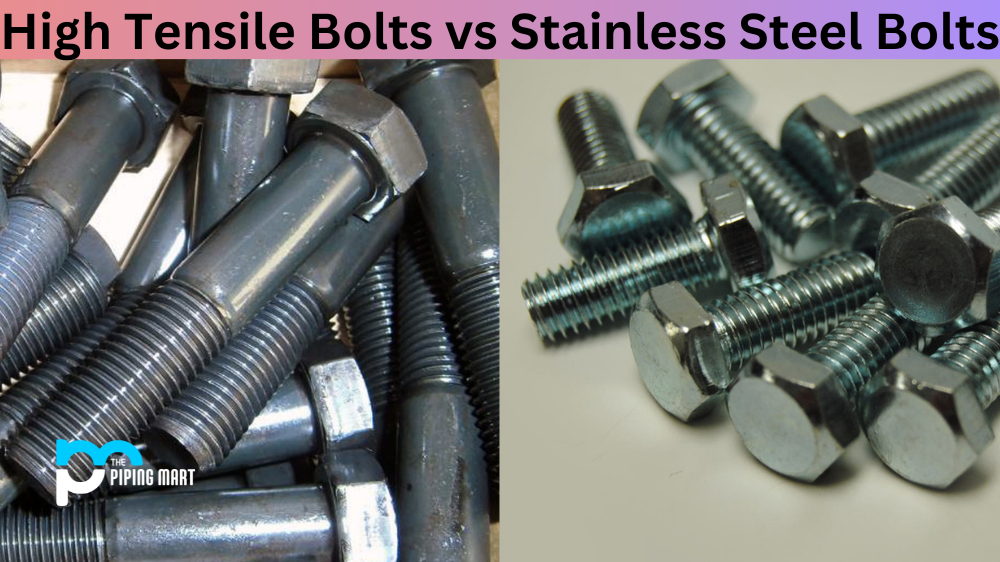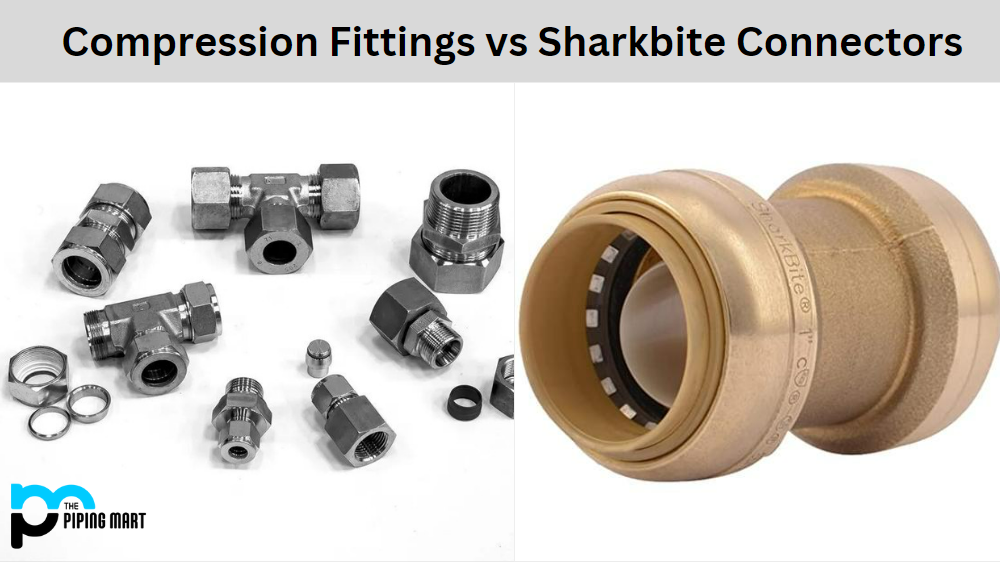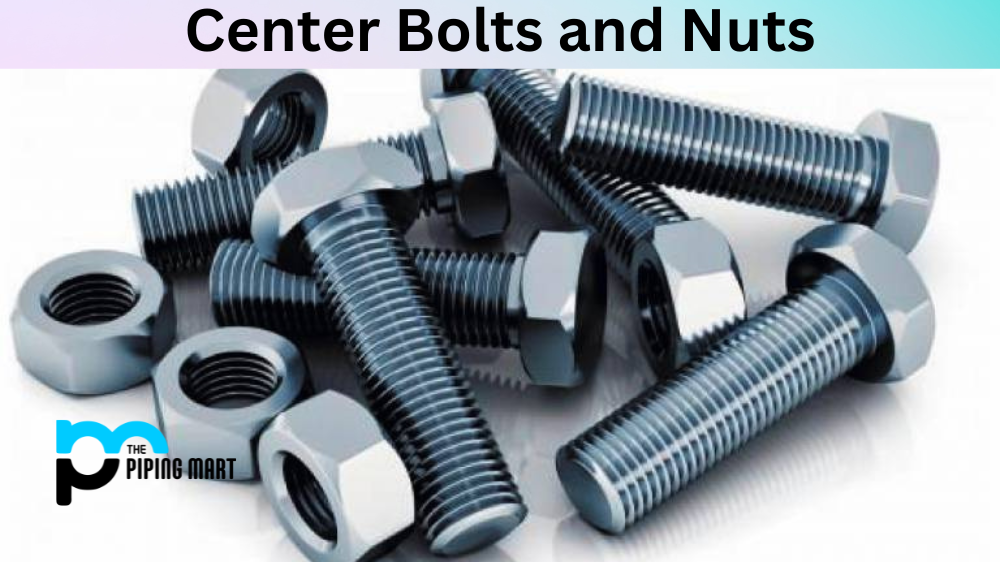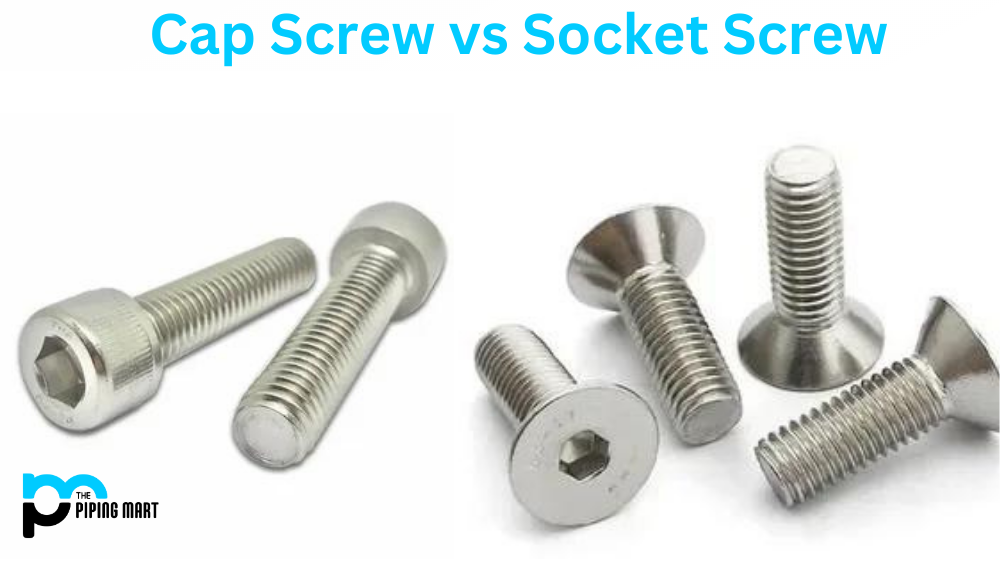When it comes to building or repairing a structure, the type of bolt used is an important factor in determining the strength and longevity of that structure. When choosing between high-tensile bolts and stainless steel bolts, it’s important to understand the differences between them so you can make an informed decision.
Types of Bolts
High-tensile bolts are made from high-grade alloy steel, which has been quenched and tempered. They have higher hardness than standard grade 8 bolts, making them ideal for heavy-duty applications such as bridges, construction, mining equipment, and more. They are also resistant to corrosion and rust. Stainless steel bolts, on the other hand, are made from a combination of chromium and nickel with added molybdenum or titanium for extra strength. While they are not as strong as high-tensile bolts, they are highly resistant to corrosion due to their chromium content.
Difference Between High Tensile Bolts and Stainless Steel Bolts
Strength vs Corrosion Resistance
The primary difference between high-tensile bolts and stainless steel bolts is strength versus corrosion resistance. High-tensile bolts offer greater strength than stainless steel bolts but are less resistant to corrosion, whereas stainless steel bolts offer greater resistance to corrosion but less strength. The need for one over the other depends on the application in question—if you need more strength, then opt for high tensile; if you need more corrosion resistance, then opt for stainless steel.
Installation Considerations
It is important to note that installation considerations should be taken into account when using either type of bolt. Proper installation requires using a lubricant such as anti-seize on high tensile bolts, while stainless steel bolts require thread sealant or a specific type of washer, depending on the application. Failure to use proper lubricants or thread sealants can cause premature failure due to excessive friction during installation or operation, resulting in stripped threads or broken heads or nuts.
Conclusion:
Overall, understanding the differences between high-tensile and stainless steel bolts will help ensure you make an informed decision when selecting hardware for your project. Both types have their pros and cons—high tensile offers greater strength but are less resistant to corrosion, whereas stainless steel offers better corrosion resistance but less strength—so be sure to take into account what factors matter most before making your selection! With careful consideration and proper installation techniques, both types of bolting materials can provide reliable performance in many different applications!

Abhishek is a seasoned blogger and industry expert, sharing his insights and knowledge on various topics. With his research, Abhishek offers valuable insights and tips for professionals and enthusiasts. Follow him for expert advice on the latest trends and developments in the metal industry.




